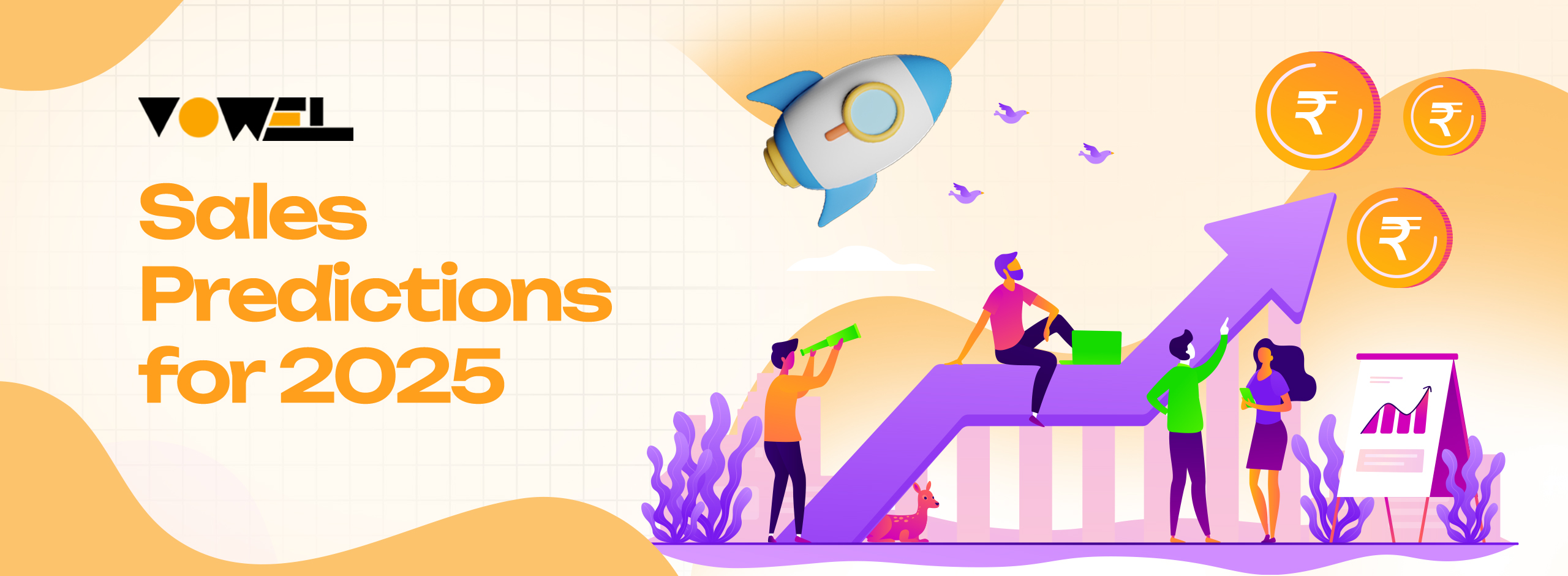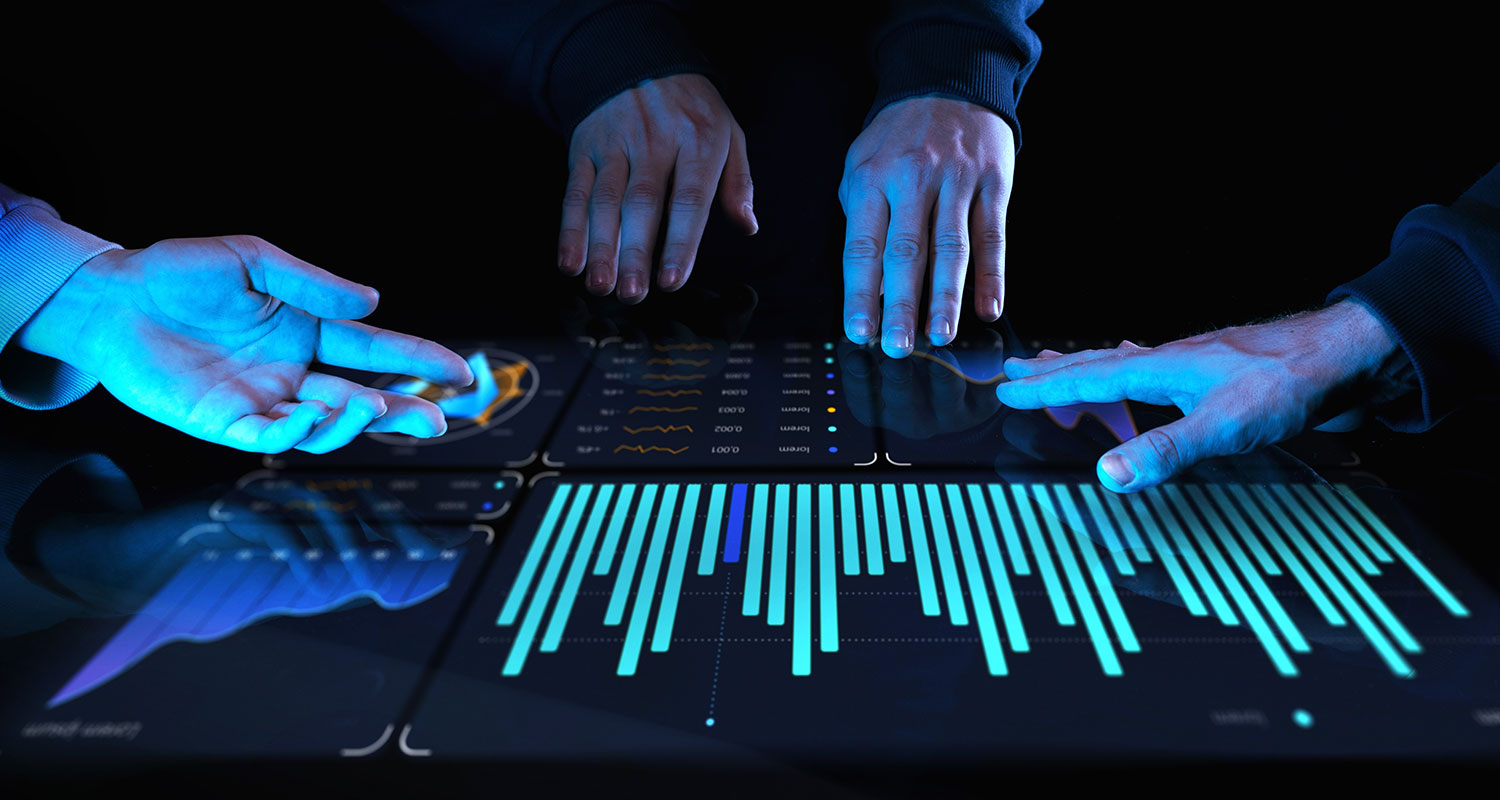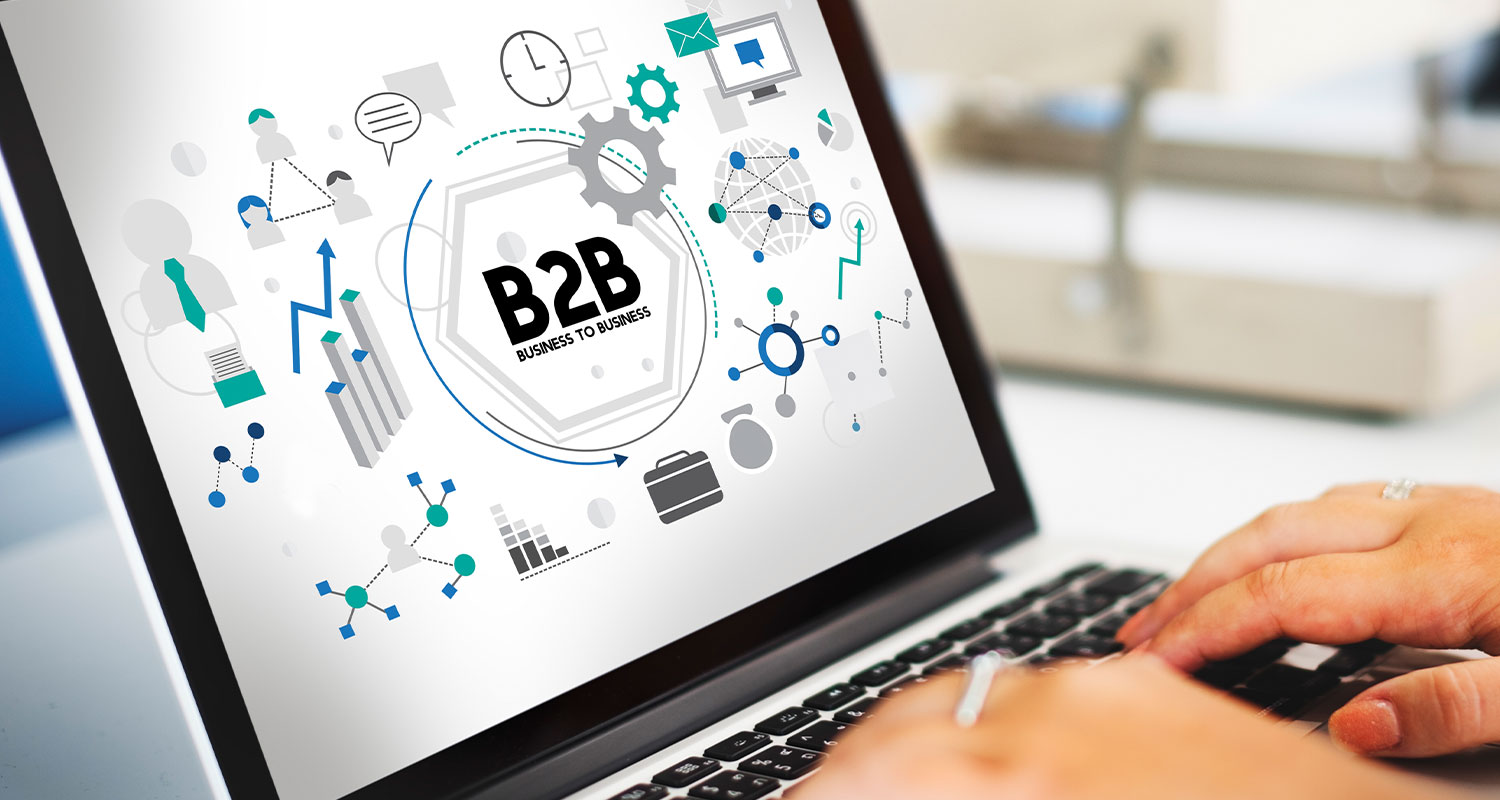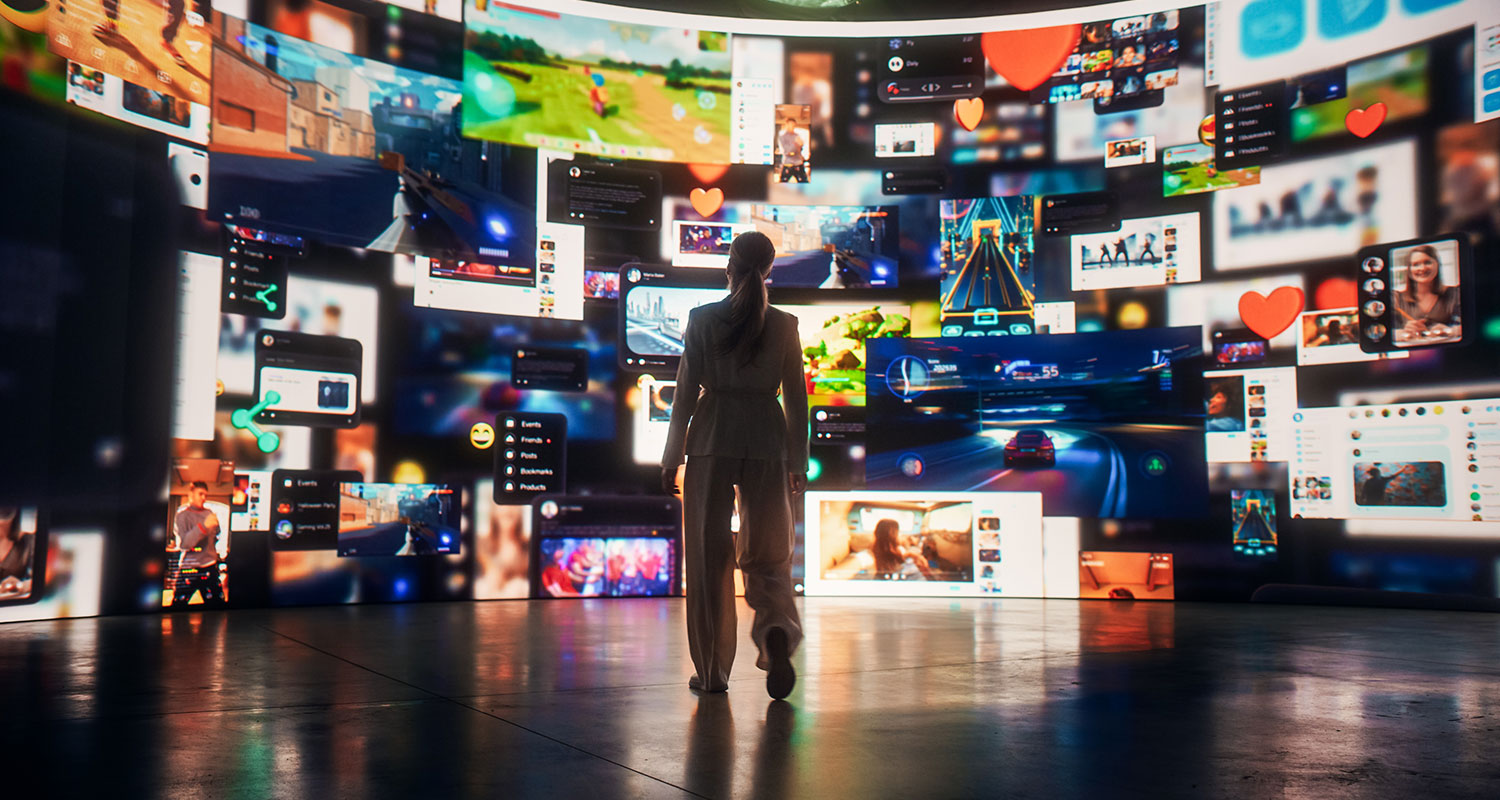


Sales Predictions for 2025
As businesses navigate the rapidly evolving landscape of consumer behavior, technology, and global economics, 2025 is poised to be a transformative year for sales across industries. Predicting trends in such a dynamic environment requires not just historical analysis but also a deep understanding of emerging technologies, market sentiment, and socio-economic indicators. Let's explore what the future holds for sales in 2025 and how businesses can align their strategies to stay competitive.
The Shift Toward Hyper-Personalization
Sales strategies in 2025 will revolve around hyper-personalization. With access to big data, AI, and predictive analytics, brands can offer highly tailored experiences to individual customers. Consumers are expecting more than just targeted emails---they want brands to anticipate their needs, preferences, and timing.
Retailers, especially in e-commerce, are adopting AI tools that can analyze customer behavior in real-time and provide personalized recommendations instantly. This is expected to significantly boost conversion rates and overall sales. A McKinsey report suggests that personalization can drive a 10% to 15% lift in revenue if executed correctly.

AI and Automation Revolutionizing Sales
Artificial Intelligence (AI) is not only changing how sales teams operate but also enhancing customer engagement through chatbots, CRM automation, and predictive forecasting tools. In 2025, over 70% of sales-related tasks are expected to be automated to some degree, including lead scoring, follow-ups, and report generation.
Sales teams can focus on building relationships and strategic decision-making while AI handles the repetitive and data-heavy aspects. This integration of automation will reduce the sales cycle length and increase customer satisfaction.
Omnichannel Sales as a Standard
The days of relying solely on physical stores or standalone e-commerce platforms are long gone. In 2025, consumers will demand seamless experiences across all platforms---whether it's mobile apps, social media, websites, or in-store. Companies that implement a unified omnichannel strategy will see higher engagement and loyalty.
This trend will be especially relevant in the retail, fashion, and electronics industries, where customers want the flexibility to explore and purchase on any channel without losing continuity in experience. The key to success lies in data synchronization across platforms and consistent brand messaging.
B2B Sales Go Digital
Traditionally, B2B sales have relied heavily on face-to-face interactions and relationship-building. However, the pandemic accelerated the shift toward digital platforms for B2B transactions, and this shift is solidifying in 2025.
B2B buyers now prefer self-service portals, digital demos, and remote consultations over lengthy in-person meetings. Sales teams are adapting by investing in digital tools, personalized LinkedIn outreach, and video-based selling. Companies using digital-first B2B sales strategies are seeing an increase in lead generation by up to 40%.

Data-Driven Decision Making
In 2025, sales strategies without data are essentially blind. Businesses will increasingly depend on real-time data analytics to make critical decisions---from identifying market demand to predicting customer churn. Sales dashboards powered by AI will provide instant insights into what's working and what needs adjustment.
This level of granularity enables teams to pivot quickly, test campaigns more efficiently, and allocate resources smartly. Predictive analytics will also allow businesses to anticipate market changes before they occur, giving them a competitive edge.
Subscription-Based Sales Models Continue to Grow
Subscription models are no longer limited to streaming services and software. In 2025, products ranging from fitness equipment to beauty boxes and even automobiles are being offered through flexible subscription plans. Customers prefer the convenience and affordability of subscriptions over one-time purchases.
This model allows businesses to build recurring revenue streams, improve customer retention, and reduce acquisition costs. Companies that innovate in packaging, pricing tiers, and customer engagement in subscription services will dominate their segments.
The Rise of Social Commerce
Social media platforms like Instagram, TikTok, and Facebook have evolved from marketing channels into full-fledged sales platforms. In 2025, social commerce is projected to account for over \$1.2 trillion in global sales.
Brands are leveraging influencer partnerships, live shopping, and integrated payment systems to boost conversions directly from social apps. Short-form video content, particularly in the fashion and lifestyle categories, is driving spontaneous purchases like never before.

Sustainability Influencing Buying Decisions
As environmental awareness rises, consumers are making purchase decisions based on a company's sustainability practices. Transparency, ethical sourcing, and eco-friendly packaging are becoming critical factors in driving sales. Businesses that ignore sustainability risk losing a growing segment of conscious consumers.
Sales in 2025 will increasingly favor companies that incorporate ESG (Environmental, Social, Governance) criteria into their core operations. Green product lines, carbon-neutral deliveries, and sustainable manufacturing processes are not just trends---they are becoming business imperatives.
Human Touch Still Matters
Despite the rise of AI and automation, the human touch in sales remains irreplaceable, especially in high-value B2B and service sectors. Personal rapport, trust-building, and emotional intelligence continue to play a crucial role in closing deals.
Companies that strike the right balance between digital efficiency and human interaction will achieve the best outcomes. Sales professionals are now being trained in both digital tools and interpersonal skills to adapt to this hybrid approach.

Regional Trends to Watch
Emerging markets such as India, Southeast Asia, and Africa are showing explosive growth in digital sales. Mobile-first users in these regions are becoming key revenue contributors for global brands. Localization of sales strategies, language customization, and regional influencer marketing are proving successful.
Meanwhile, developed markets are focusing on innovation in customer experience, such as augmented reality (AR) product demos, voice-activated shopping, and immersive store environments.
Final Thoughts
Sales in 2025 are being shaped by a confluence of technological advancements, changing consumer expectations, and economic shifts. From AI-driven personalization to the surge in social commerce and sustainability-led buying decisions, the future of sales is both exciting and demanding.
Companies that want to stay ahead must embrace digital transformation, invest in data and AI, adopt a customer-first mindset, and remain agile in the face of change. The ability to adapt quickly and personalize meaningfully will separate thriving businesses from those that fall behind.
Frequently Asked Questions
What is the biggest sales trend in 2025?
Hyper-personalization using AI and data analytics is expected to be the biggest sales trend in 2025.
How is AI changing sales strategies?
AI automates repetitive tasks, enhances customer engagement, and enables predictive analytics for smarter decision-making.
What is social commerce, and why is it important in 2025?
Social commerce refers to buying directly through social media platforms. In 2025, it plays a key role in boosting sales, especially in fashion and lifestyle sectors.
Will traditional in-person sales still be relevant?
Yes, especially in B2B and high-value transactions where personal relationships and trust matter.
How does sustainability impact sales in 2025?
Consumers are increasingly favoring brands with eco-friendly practices, influencing their buying decisions and boosting sales for sustainable companies.
